Since the World Health Organization (WHO) declared Covid-19 a pandemic on March 11, 2020, we can look back on nearly two years of crisis management. Scientific knowledge about the coronavirus has surged since then — but knowledge alone is not enough to deal with the crisis. Because: Covid-19 is a complex problem. When do we need a new closure, compulsory vaccination? When does the economy sink, when is the mental health of the population, and when is the health system? There is no magic formula for such questions and often there is no “correct solution” either. Instead, a number of known or unknown uncertainties and interactions must be taken into account.
Complex crises challenge us to deal with deeply divergent values and perspectives. Because the technical model is not enough for a political decision. For the fair distribution of vaccines by the WHO Covax Facility, for example, as well as scientific models, above all, a general sense of fairness and trust between partners is required. In other words: knowledge, no matter how uncontested from a scientific point of view, is not considered legitimate, credible, or meaningful if there is no common ground or distrust between researchers and the population.
Inspiration to build confidence
So what creates trust? Research on group improvisation and musical performance has shown that trust can be built through active listening, physical mind-body interactions, mutual disclosure, and the sharing of information, experiences, and risks. When improvising together, the musicians organize themselves as a group and try to develop strategies for solving spontaneous challenges in coordinated action. Collective improvisation can thus help enable complex coordination between different actors in risky situations.
Using the example of a Norwegian naval rescue in the Arctic, where military and civilian actors work together, it can be shown that collective improvisation skills are essential to the successful implementation of exercises. Arctic emergencies are characterized by extreme uncertainty and tension. At the same time, a large number of public, private and voluntary organizations must work together. Predefined operations are of limited use only in such situations. Instead, joint training is needed to build trust between people and organizations and to clarify shared expectations for communication and information flow. In this way, an efficient and adaptive group can emerge in stressful situations because improvisational skills are present. So together, improvisation can help to find an answer to the unexpected in different situations. But it requires safe spaces without evaluation – spaces that we as a society must create outside of the music practice rooms.
In other areas, collaborative problem-solving processes, in which residents participate at an early stage, have also been shown to build trust. Representative public gatherings aiming to achieve net zero emissions in the UK are a case in point: senior professionals shared scientific evidence on the topic, which served as the basis for discussion among a representative group of lay people.
These public engagement processes led to the development of shared principles and visions for a zero-society society and flowed directly into national politics.
A new scientific way of thinking
Traditionally trained scientists have almost no experience with such processes and designing them is not an easy task. Researchers need to be trained in intercultural and interpersonal skills and need an interdisciplinary mindset. This means: not only an appreciation of knowledge, but also the ability to solve problems together and reflect on one’s actions. Rather than a linear understanding of problem solving with the goal of scholarly publication, there is a need to constantly be aware of different viewpoints and to recognize differences as a basis for action.
Specifically, we suggest two measures of change. Young researchers need more exposure in order to develop trust-building processes. Sure, there are many courses on multidisciplinary and interdisciplinary working methods and complex systems, but they are often voluntary and extracurricular. In addition, there is a lack of academic recognition of these skills as their impact is difficult to measure. But this will be important to prepare the next generation of researchers to tackle complex challenges.
However, training alone will not be enough. Often, institutional structures stand in the way of innovative approaches and the involvement of young scientists. Therefore, structural reform is required in an academic context. For example, there is a need for institutional science policy organizations that link social needs with research questions, goals, and outcomes. The current political communication strategies of universities attempt to proceed in this way, but they remain one-sided. They are communicated by science to the public. The exchange of trust building must be mutual and the public must be more involved in the production of knowledge.
This new world of research will automatically be a driver of more diverse cultural, social, and educational backgrounds in the political-decision-making process. This diversity is in turn a direct pillar of the bridge between science and society. This is the only way we can find the best new ideas and also have a chance to implement them.
This article was created in cooperation with the Swiss Youth Academy.
a dialogue
The Dialogue lives on one side from researchers who comment and categorize current world events with pointed opinions – and on the other from you. Because only in higgs you have the opportunity to discuss matters with scholars on an equal footing. Are you a scientist and want to write something on the Higgs that you’ve always wanted to get rid of? Contact us: [email protected]

“Alcohol buff. Troublemaker. Introvert. Student. Social media lover. Web ninja. Bacon fan. Reader.”

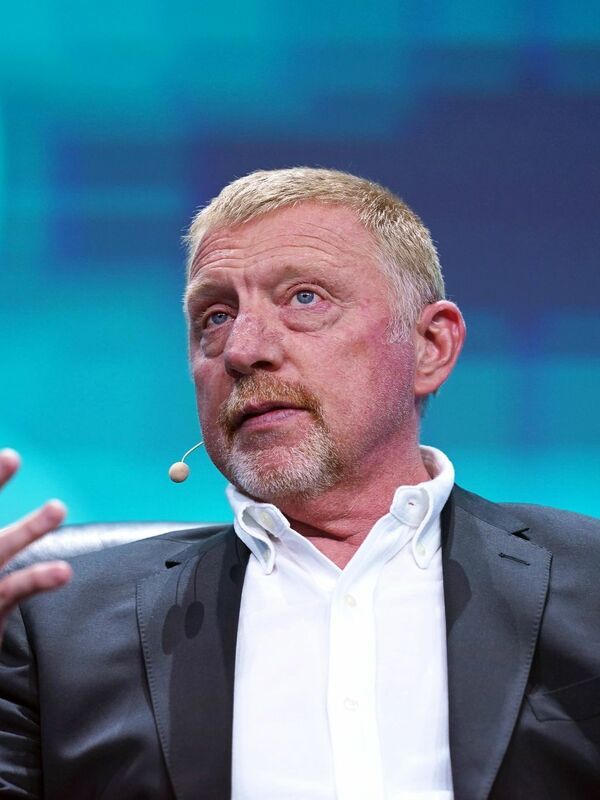

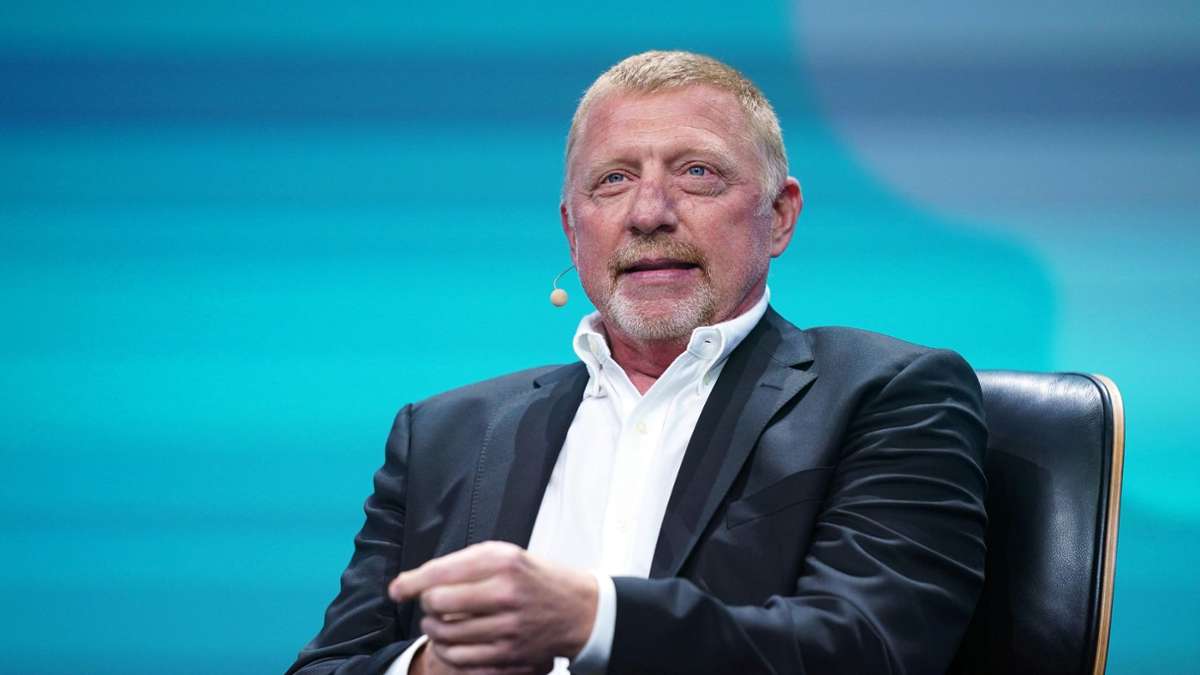
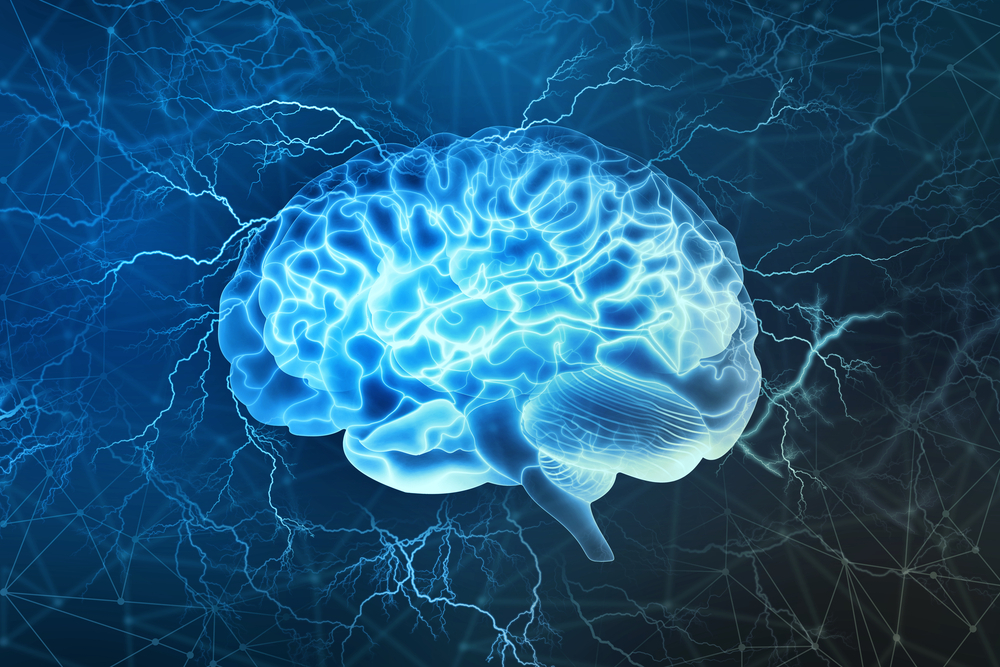
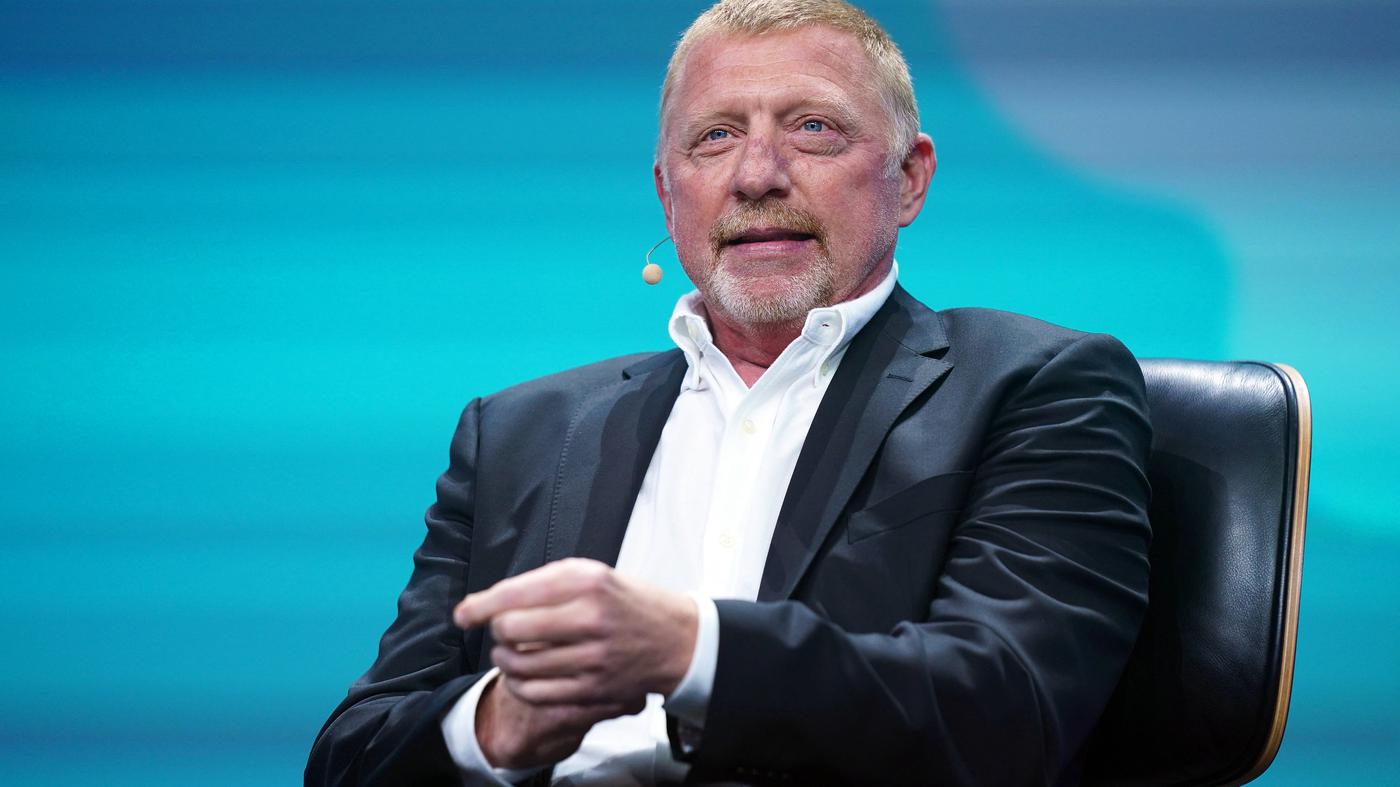
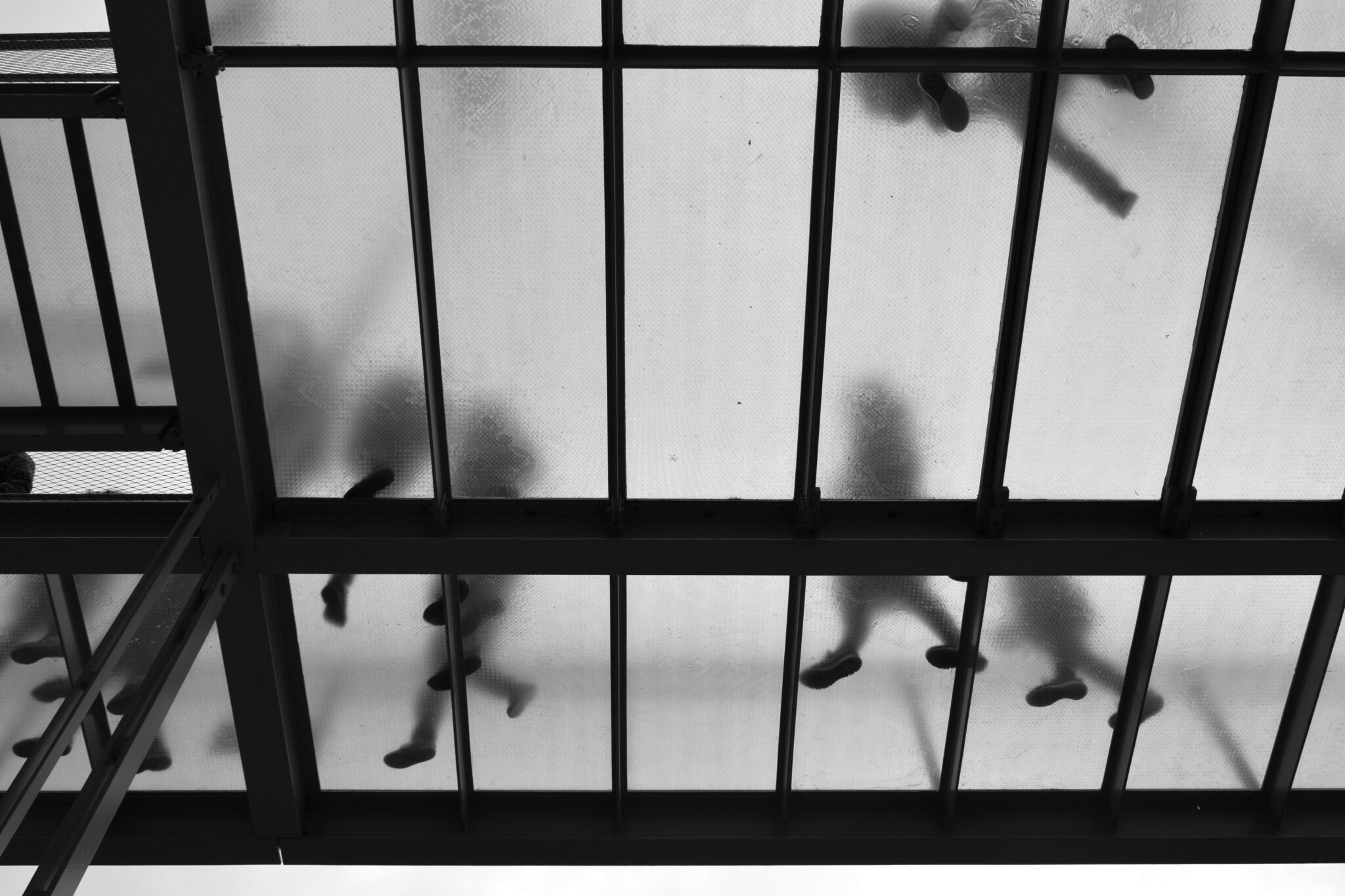
More Stories
This is how our brain chooses what information it will remember in the long term
Up to 100 pilot whales stranded in Western Australia – Science
Huge radiation explosion from a magnetar – forschung.de